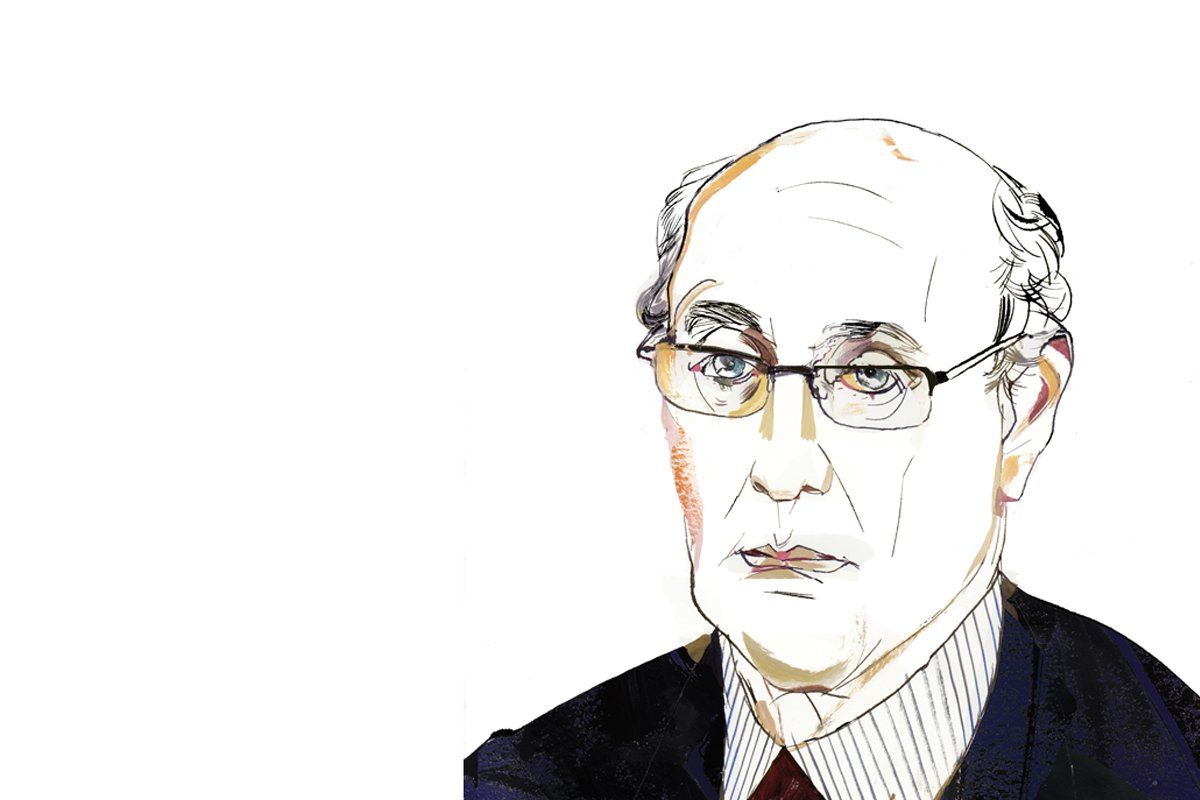
When bad things happen and damages are due, it has frequently fallen on Washington lawyer Kenneth Feinberg to decide how much cash goes to whom—thus his unlikely career as America's King Solomon.
The wiry, balding Feinberg, an increasingly familiar face on television post-disaster, has tackled numerous baby-splitting dilemmas as the government-appointed special master with authority to settle million-dollar claims arising from the 9/11 terrorist attacks, the 2007 Virginia Tech massacre, and the 2010 BP oil spill, among other catastrophes. As he explains in his new book Who Gets What, his task is to maximize prompt, fair payouts and minimize dilatory litigation.
It's no surprise that frazzled officials at Penn State University recently consulted the 66-year-old Massachusetts native, a former Judiciary Committee staffer to the late Sen. Edward Kennedy, about setting up a fund to pay off the victims of convicted pedophile Jerry Sandusky.
"I gave them some ideas. They said, 'Let us think about it.' Never heard another word from them," Feinberg says in his pungent New England accent. "If it's bad and there's damage, chances are I'll still get a call or an inquiry, asking how we might do it? Or should we do it? I give them my thoughts."
Feinberg—whose boutique law firm specializes in mediation and dispute resolution—has been in this unusual line of work since 1984, when federal judge Jack Weinstein appointed him to mediate the $180 million settlement for 250,000 Vietnam War veterans who were exposed to the defoliant Agent Orange.
His negotiating skills were put most sorely to the test in 2009 when Treasury Secretary Timothy Geithner appointed him as Wall Street's "pay czar," with the job of calculating compensation for the pampered executives of failing financial institutions that had received hundreds of billions in taxpayer bailout money. Feinberg put his foot down when an executive at an energy-trading subsidiary of bailed-out Citigroup demanded his expected $95 million bonus; all-out war was averted only when the subsidiary was sold to Occidental Petroleum and out of Feinberg's jurisdiction.
Ironically, Feinberg believes these expedited settlement funds, such as for 9/11, make for very bad policy. "Bad things happen to good people every day, and you don't get $2 million, $3 million, or $4 million in 60 days or 90 days or 30 days," he says. "Don't emulate them, because it is elite. It is a denial of equal protection to have certain benefits for people."
Feinberg has done all his government and university work pro bono, but he figures that BP paid his law firm around $18 million. "It depends on the circumstances,"he says. "Another terrorist attack? Of course I'd do it for free. Another shooting at a university? Of course I'd do it for free. Oil company, wrongdoer, willing to foot the bill—of course I won't do it for free."
Uncommon Knowledge
Newsweek is committed to challenging conventional wisdom and finding connections in the search for common ground.
Newsweek is committed to challenging conventional wisdom and finding connections in the search for common ground.
About the writer
To read how Newsweek uses AI as a newsroom tool, Click here.






